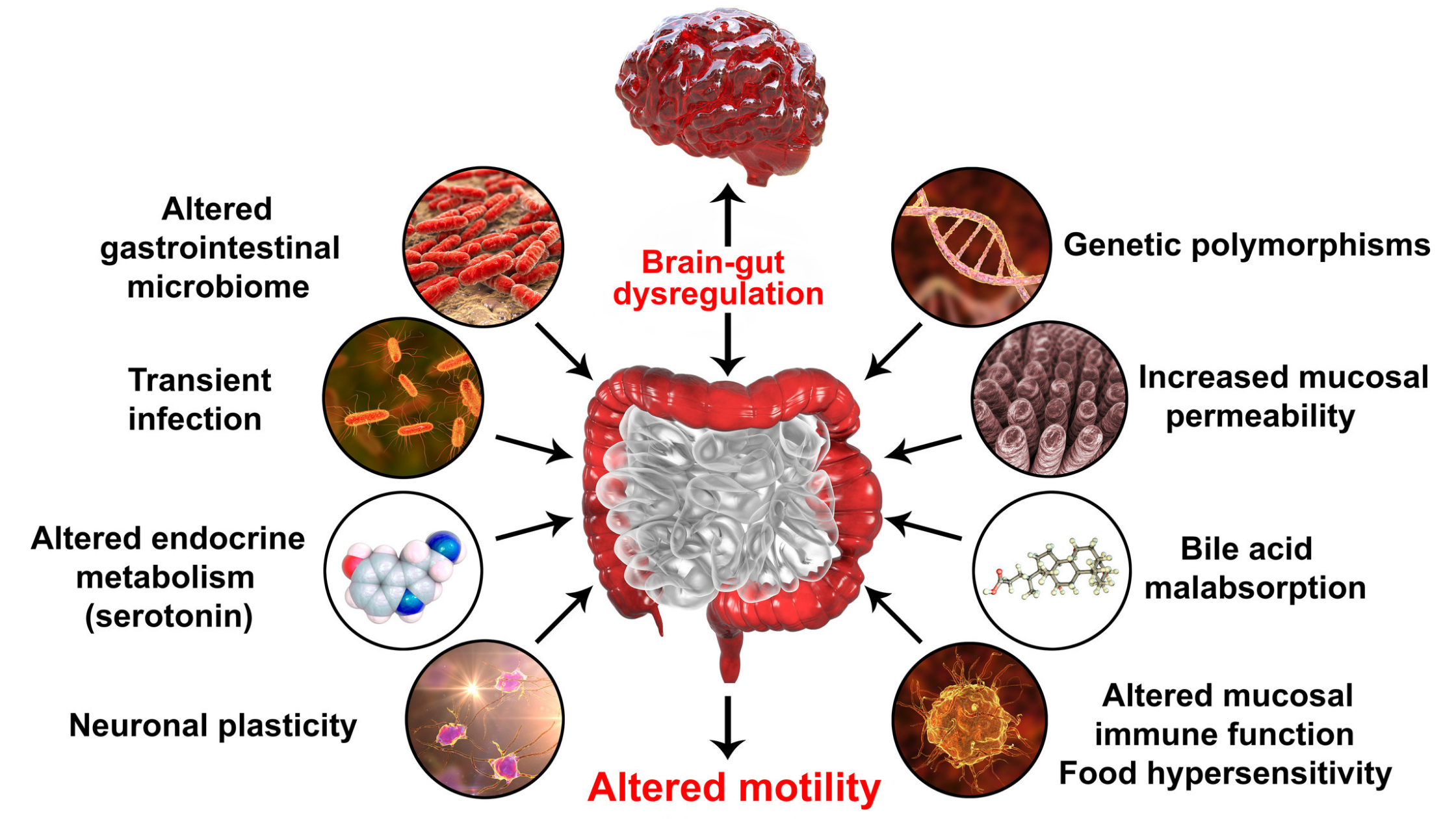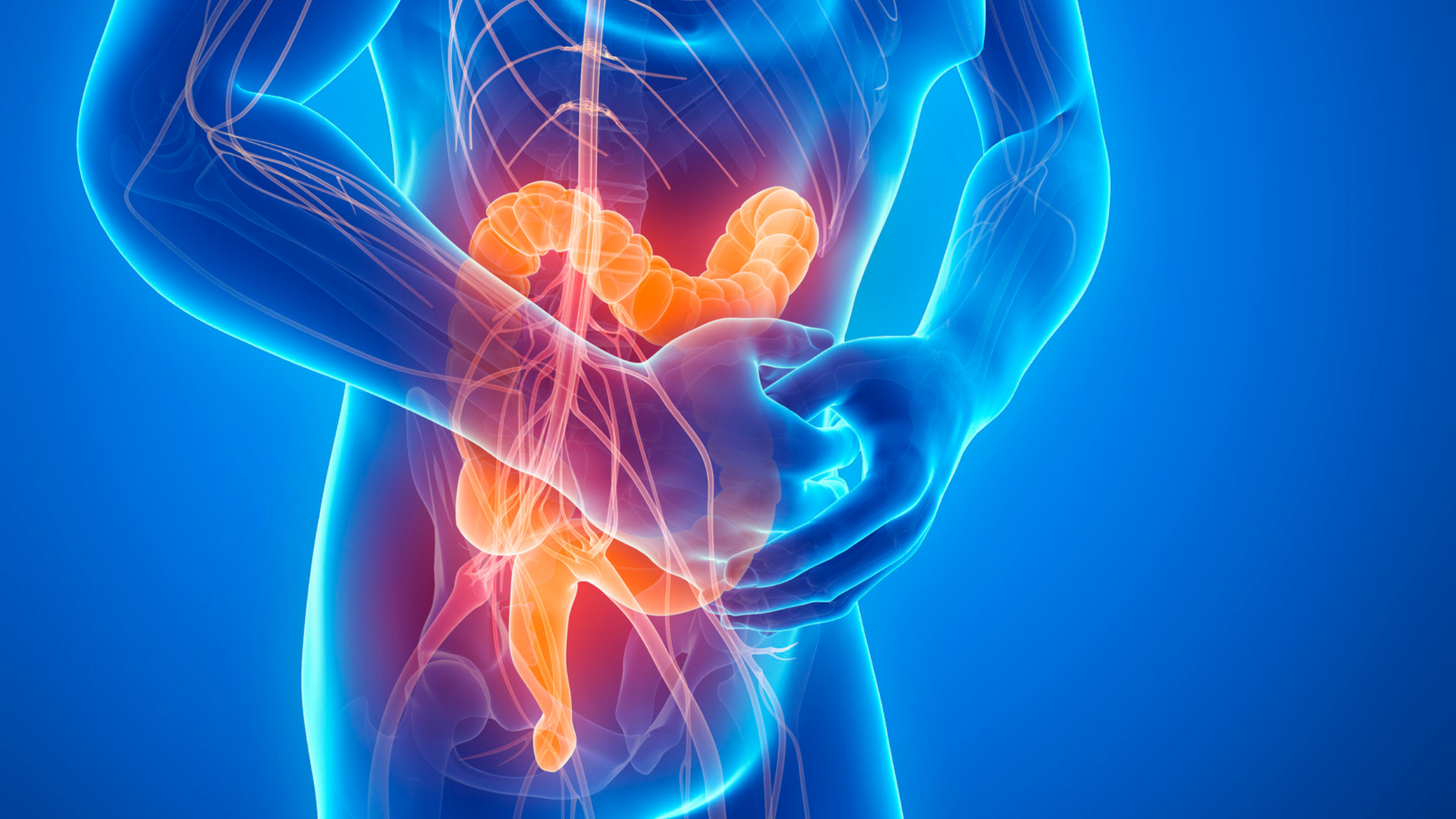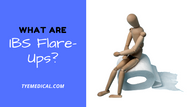What Are IBS Flare-Ups?
Written by Tye Medical on Apr 1st 2021
IBS (irritable bowel syndrome) is an uncomfortable gastrointestinal condition affecting 25 to 45 million people in the U.S. While the disorder doesn’t cause damage to your digestive tract, symptoms can become acute. These acute attacks are often referred to as IBS flare-ups because they come on quickly and can last anywhere from hours to months.
Researchers believe a range of possible IBS causes exists, including muscle dysfunction, overly sensitive nerves, changes in gut microbes, bacteria, viruses, and even stress.
But what causes those acute flare-ups, and are they preventable?
Chronic Irritable Bowel Symptoms
Most people with IBS have a baseline of symptoms that they consider normal for them. For instance, some people don’t experience any signs for long periods, and others experience daily symptoms that aren’t as acute as IBS flare-ups.
Either way, it’s important to understand what’s normal for you, and that might be any combination of typical or less common symptoms – or no indications at all.
Common IBS Symptoms
- Bloating or swelling of the abdomen
- Abdominal pain
- Feeling that you’re not emptying bowels when you go
- Passing excessive gas
- Diarrhea or constipation (or both)
Less Common (But Very Possible) IBS Symptoms
- Joint or muscle pain
- Headaches
- Frequent urination
- Fatigue
- Anxiety or depression feelings
Understanding IBS Flare-Ups
If you notice a sudden increase in intensity or frequency of symptoms during a specific period, it’s probably an IBS attack.
You might develop a symptom you don’t usually have at all, like headaches or fatigue. Or, your daily symptoms might intensify, like increased abdominal pain or more urgent diarrhea.
The duration of IBS attacks isn’t predictable and varies from person to person. But it’s common for attack symptoms to last two to four days before waning or disappearing entirely.
You might also experience waves of attacks that come and go over days or weeks.
IBS Attack Triggers

It’s unclear what causes the sudden onset of acute symptoms, but credible theories suggest the following possible triggers for IBS flare-ups:
- Mental health struggles and stress
- Gastrointestinal infection
- Consuming trigger foods
Mental Health Challenges Can Trigger IBS Attacks
Our high-pressure society and lifestyles often wreak havoc on our minds and moods, causing symptoms of anxiety, depression, and even PTSD (post-traumatic stress disorder).
Since your brain and gut are intimately connected, whatever troubles your mind often troubles your GI tract. Even daily stress levels can negatively affect gut health and initiate IBS flare-ups.
See our article for more information on gut health.
Change in Gut Microbes
Having the right amount of the right kind of gut microbes is key to gut health and smoother sailing when managing irritable bowel syndrome. But when those healthy microbes die off and the unhealthy ones take over – IBS flare-ups are imminent.
Consuming Trigger Foods
Some foods will irritate your GI tract more than others, and it’s different for every person. A food diary can help you determine which potential trigger foods are initiating your IBS flare-ups.
You might need to avoid some high-FODMAP foods that contain ingredients (even natural ingredients) that can set off your sensitive digestive system.
Other foods that are known to trigger IBS attacks outside of the FODMAP list are:
- Hot spices/spicy food
- High-fat foods (butter, cream, rich sauces, fried foods)
- Coffee/caffeine
- Red meat (especially fatty cuts)
Determine if any of these foods bother your system and consider nixing the ones that do.
Conditions Often Mistaken for Irritable Bowel Syndrome

IBS flare-ups cause digestive and intestinal distress symptoms that mimic other conditions. Since irritable bowel syndrome is relatively common, it’s easy to assume it’s the source of your troubles. Before accepting an IBS diagnosis, be sure you’ve ruled out other possibilities with your doctor.
Here are some of the conditions often mistaken for IBS.
1. Ulcerative Colitis
This condition primarily affects your colon, causing ulcers and inflammation. Like many gut-related conditions, it’s still a bit of a mystery. But some doctors link it to immune system problems.
Symptoms include:
- Abdominal pain and cramping
- Rectal pain
- Diarrhea (sometimes with blood or pus)
- Rectal bleeding (passing small amounts with stool)
- Urgency to go (and maybe inability to do so)
- Fatigue
- Fever
- Weight loss
2. Crohn’s Disease
This condition also causes ulcers and inflammation, but it can do so in different parts of your digestive tract. Chron’s disease isn’t confined to the colon and rectum and can affect any part of your small or large intestine.
Symptoms include:
- Fatigue
- Diarrhea
- Abdominal pain and cramping
- Blood in stool
- Fever
- Weight loss
- Mouth sores
3. Lactose Intolerance
If you notice IBS flare-ups or similar symptoms occur within 30 minutes to 2 hours after eating dairy, you might have lactose intolerance. But if you’re eating dairy regularly, you might not be able to pinpoint the onset of symptoms until you’ve eliminated dairy from your diet for at least two weeks.
Symptoms include:
- Bloating
- Gas
- Nausea
- Abdominal cramps
- Diarrhea
4. Celiac Disease
If you have celiac disease, every time you eat the grain protein gluten (found in wheat, barley, rye, etc.), your immune system attacks your small intestine, causing damage. The only way to verify whether your symptoms are celiac disease or gluten intolerance (causes no harm to small intestines), a blood test or biopsy of your small intestine is required.
Common symptoms include:
- Bloating and gas
- Diarrhea
- Constipation
- Fatigue
- Weight loss
- Nausea and vomiting
Managing IBS Flare-Ups

IBS attacks are incredibly uncomfortable and can disrupt your life significantly. While you can’t always prevent them, paying attention to diet, stress levels, and general gut health can help minimize them.
Continue to follow up with your doctor. It’s always possible that new or worsening symptoms might require additional investigation to rule out other similar conditions. Be frank and open with your medical provider about all your symptoms.
As noted in our related article, What Causes IBS and the Surprising Bowel-Bladder Connection, many IBS sufferers also develop bladder symptoms that can lead to urine leaks.
Whether it’s bladder or bowel leakage, TYE Medical’s LivDry brand offers the discreet, comfortable protection you need from minimum coverage to maximum protection.

